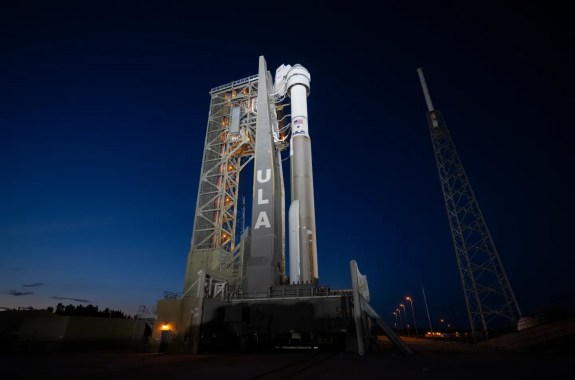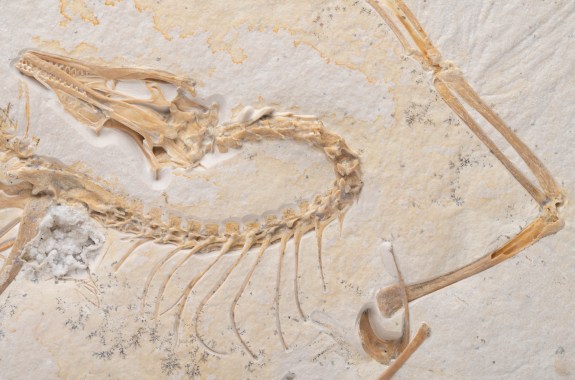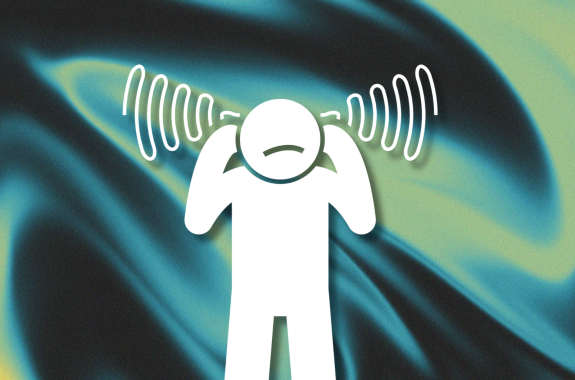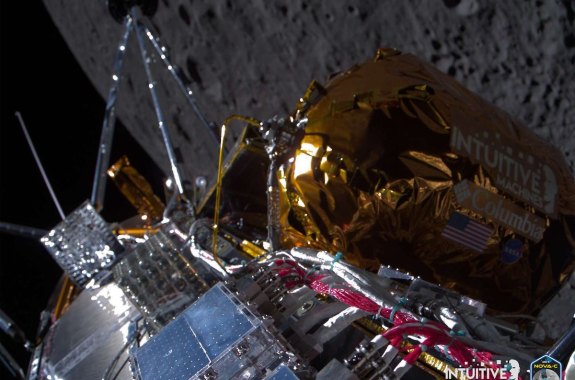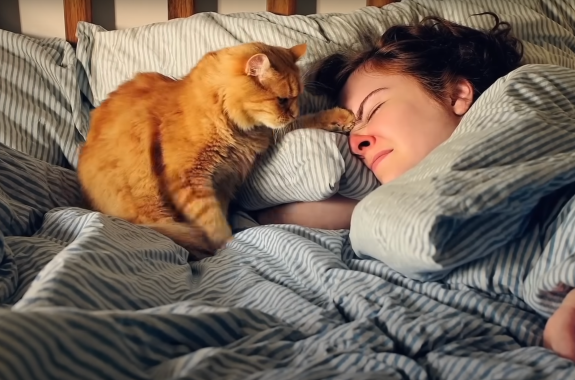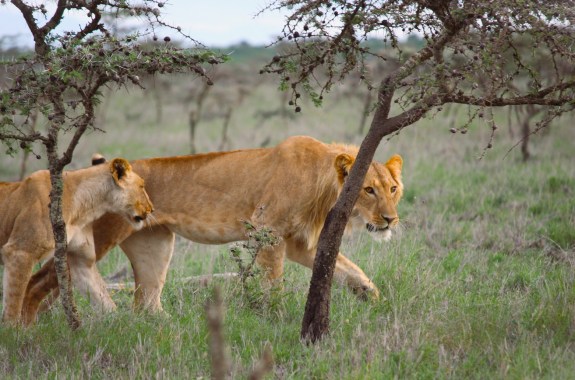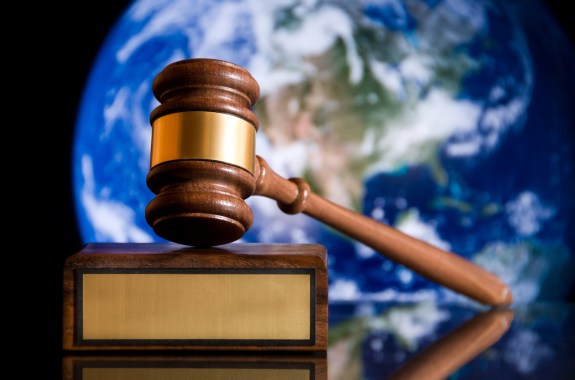Sophie Bushwick is senior news editor at New Scientist in New York, New York. Previously, she was a senior editor at Popular Science and technology editor at Scientific American.
12:07
Trees And Shrubs Are Burying Prairies Of The Great Plains
A “green glacier” of trees and shrubs is sliding across the region, burying some of the most threatened habitat on the planet.
5:02
Boeing Plans To Fly Humans To The ISS Next Week
Boeing’s Starliner craft was scheduled to carry humans to the International Space Station in 2017. Its launch is now set for May 17, 2024.
12:02
Remarkably Well-Preserved Archeopteryx Specimen Unveiled
The Field Museum has unveiled a new specimen of Archaeopteryx, a species that may hold the key to how ancient dinosaurs became modern birds.
17:01
How Climate Change Is Changing Sports
Sports ecologist and author Dr. Madeline Orr discusses how climate change is affecting sports, from ski conditions to athletes’ health.
17:24
Why Is Tinnitus So Hard To Understand And Treat?
Medical researchers are working to better understand—and hopefully mute—tinnitus, a persistent “ringing in the ears.”
12:18
EPA Sets Limits On ‘Forever Chemicals’ In Drinking Water
A long-awaited rule from the EPA limits the amounts of six PFAS chemicals allowed in public drinking water supplies.
12:16
Private Spacecraft Makes Historic Moon Landing
The Odysseus lander, made by Intuitive Machines and launched by SpaceX a week ago, is the first commercial mission to soft-land on the moon.
17:07
OpenAI’s New Product Makes Incredibly Realistic Fake Videos
A security expert weighs in on Sora, OpenAI’s new text-to-video generator, and the risks it could pose, especially during an election year.
12:16
How One Invading Ant Species Sent Ripples Through A Food Web
In Kenya, the new species pushed out ants that protected acacia trees. That had cascading effects for elephants, zebras, lions, and buffalo.
17:29
As Space Exploration Expands, So Will Space Law
A new generation of space lawyers will broker deals and handle disputes between countries as the world enters a new era of space exploration.

